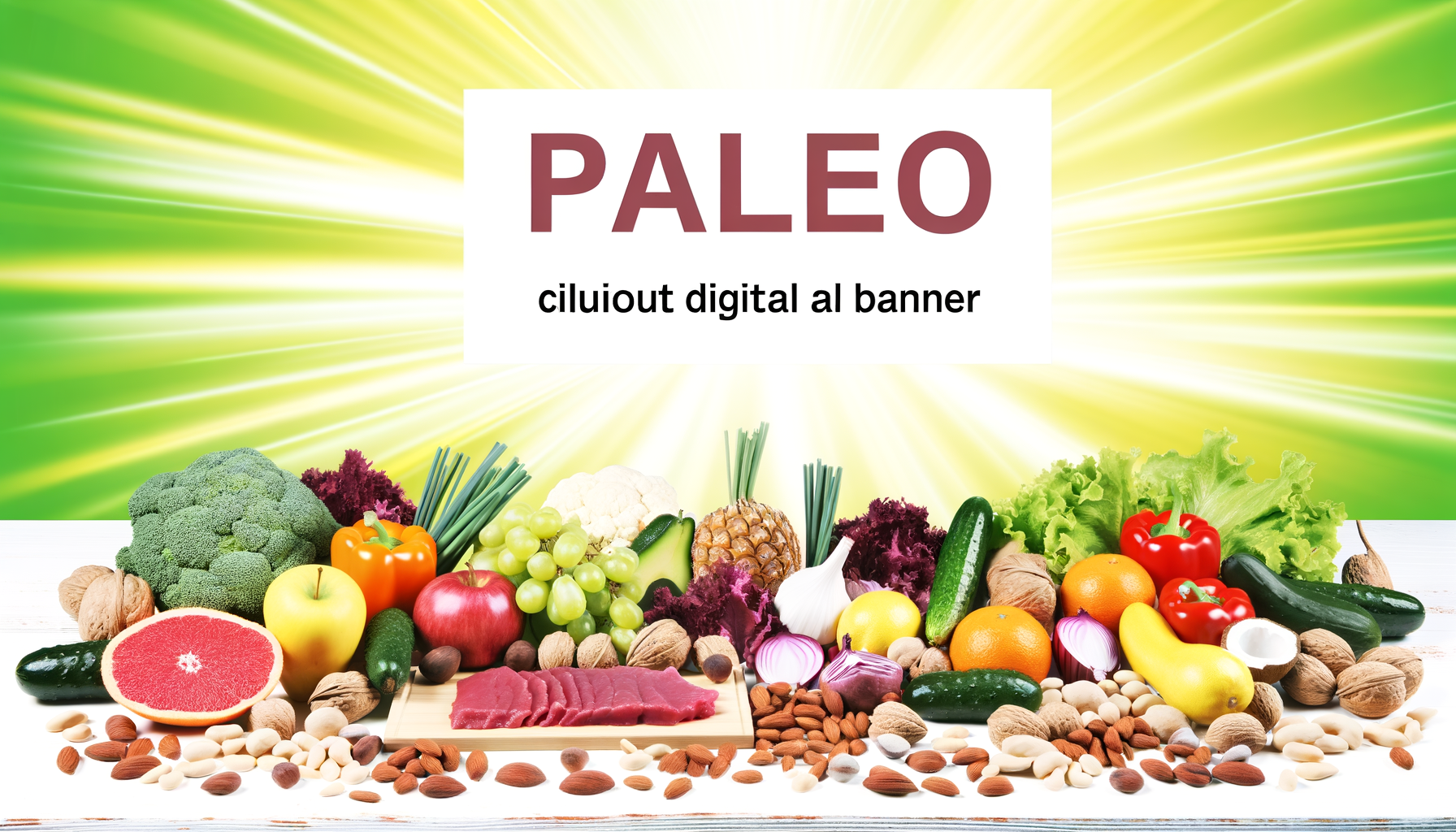The Calorie Calculator: A Secret Weapon for Sustainable Weight Loss
When embarking on a journey to achieve sustainable weight loss, understanding the intricacies of calorie management can be crucial. A calorie calculator serves as a powerful tool in this pursuit, helping individuals set realistic goals and develop personalized diet plans. By leveraging a calorie calculator effectively, you can navigate the complex landscape of weight management and cultivate healthy habits that lead to long-term success.
Understanding Calorie Calculators
A calorie calculator is designed to estimate your daily calorie needs based on factors such as your age, sex, weight, height, and physical activity level. It can help you determine how many calories you should consume to either maintain your weight or facilitate weight loss. For instance, FatCalc offers a detailed calorie deficit calculator that provides insights into how much weight you can realistically lose and the calorie intake required to achieve that goal.
Components of a Calorie Calculator
A comprehensive calorie calculator typically factors in several key components:
- Resting Metabolic Rate (RMR): This is the number of calories your body burns while at rest. It's a baseline figure that helps determine your overall calorie needs.
- Total Daily Energy Expenditure (TDEE): This figure accounts for your RMR and any additional calories you burn through physical activity. It gives you a complete picture of your daily energy requirements.
- Physical Activity Level: Your level of activity significantly impacts your calorie needs. Most calculators offer categories ranging from sedentary to very active.
- Dietary Preferences: Some calculators allow you to customize based on specific diets like keto, vegan, or Mediterranean.
For example, Precision Nutrition's weight loss calculator takes into account these factors along with your lifestyle and preferences to provide a personalized nutrition plan.
Addressing Common Misconceptions
A common myth surrounding weight loss is the "3500-kcal rule," which suggests that a calorie deficit of 3,500 calories results in losing one pound of fat. However, this rule does not account for physiological changes during weight loss, such as muscle mass changes or metabolic rate adjustments. A more accurate model developed by researchers like Kevin Hall incorporates these factors, offering more realistic weight loss projections.
For instance, the Everyday Health weight loss calculator provides guidance on setting a calorie goal for gradual weight loss, emphasizing the importance of consulting healthcare professionals for personalized advice.
Strategies for Sustainable Weight Loss
Sustainable weight loss involves more than just calculating calories; it requires adopting healthy habits and making lifestyle changes. Here are several strategies to support your weight management journey:
1. Balanced Diet
A balanced diet rich in whole foods like fruits, vegetables, lean proteins, and whole grains is essential for providing necessary nutrients while keeping calorie intake in check. Limiting refined carbohydrates and ultra-processed foods can help maintain a healthy weight.
2. Regular Exercise
Regular physical activity not only burns calories but also maintains muscle mass, which is crucial for metabolism. Combining cardio with strength training can lead to sustainable weight loss and overall health.
3. Mindful Eating
Practicing mindful eating can reduce food cravings and promote long-term weight loss. It involves paying attention to hunger cues and enjoying food without distractions.
For instance, if you're planning to cut 500 calories a day to lose weight, you might reduce your daily intake by 250 calories and burn an additional 250 through physical activities, as suggested by the American Cancer Society.
Putting It into Practice
Implementing these strategies requires a structured approach. Here's how you can start:
- Assess Your Current Habits: Use a calorie calculator to determine your daily calorie needs and identify areas for improvement in your diet and activity level.
- Set Realistic Goals: Aim for gradual weight loss, typically 1-2 pounds per week, to ensure sustainability and safety.
- Develop a Personalized Plan: Use tools like the WP Calorie Calculator to create a diet plan that aligns with your lifestyle and goals. Check out their offerings, including different pricing plans available at the WP Calorie Calculator Plans, to find the best fit for your needs.
- Stay Consistent and Monitor Progress: Regularly track your progress using a calorie tracker or diet app, such as MyFitnessPal or Lose It!, and adjust your plan as needed.
Additionally, focusing on a well-rounded diet that includes high amounts of protein can help maintain muscle mass during weight loss. You can find resources on how to incorporate more protein into your meals at sites like Healthline, which offers practical tips on sustainable weight loss strategies.
Conclusion and Moving Forward
Sustainable weight loss is about more than just numbers; it's about cultivating healthy habits and a lifestyle that promotes long-term success. By leveraging a calorie calculator as part of your weight management strategy, you can set yourself up for success. It's also important to stay informed and connected with the latest insights and tools in the health and fitness industry.
For more information on developing a customized diet plan and exploring tools that can support your journey, consider visiting the WP Calorie Calculator website or checking out similar resources like Precision Nutrition's offerings. Combining these resources with a commitment to healthy habits and lifestyle changes will help you achieve your weight loss goals while fostering a healthier, more balanced you.
Lastly, remember that every journey is unique, and what works for someone else might not work for you. So, stay patient and keep exploring until you find the approach that best fits your lifestyle and goals.











